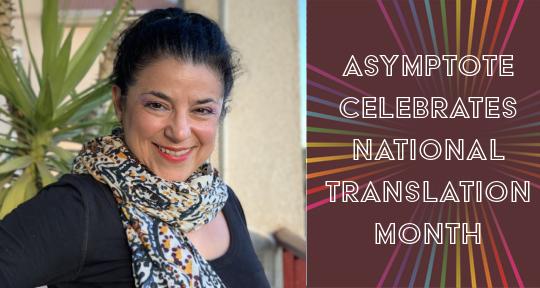Reviews of translations tend to find themselves in familiar ruts; concern over perceived faithfulness, deftness or lack thereof, that is, if they recognize that it is a translation at all. Below, Mathew Weitman casts a scathing eye to recent criticism of Eliot Weinberger’s The Life of Tu Fu, praised by Forrest Gander as a “distinctive and refreshing” text, and broadens his discussion to include Eric Weiskott’s translation of and expansion upon the Middle English poem Piers Plowman in Cycle of Dreams. Weitman’s essay, through the works of Weinberger and Weiskott, disregards the justification of unconventional translations to explore instead what these works represent for translation, authorship, and humanity’s shared experiences across time and space.
For over forty years, Eliot Weinberger has piqued our foremost and laziest critics. His expertise remains inconveniently wedged between autodidactic and erudite, and his unique blend of formal innovation and wry humor never undercuts the seriousness of his disparate subjects of study. His translations of Octavio Paz, Bei Dao, and Jorge Luis Borges—to name a few—are forever colored by his well-known inquiry into the art of translation, 19 Ways of Looking at Wang Wei (a critical work that is itself colored by Weinberger’s self-reflexivity and ironic dogmatism). This is all to say that though Weinberger’s systematic destruction of readerly expectations—via genre, via tone, via form—should come to be expected, for the past few months I’ve enjoyed the bemused, uncurious, and outright lacking critical discourse around his newest book, The Life of Tu Fu.
In the small pool of Weinberger’s reviewers, two factions have formed in the shallow end. First, there are those who attempt to summarize the work. These blurbists are quick to tell you things you already know—things like (to paraphrase), “Though its title suggests this would be a biography of the Tang Dynasty poet Tu Fu, it is actually a book of poems.” And/or: “Weinberger’s newest collection of poems is not comprised of original poems—at least not in the romantic sense of ‘original.’ Instead, they are translations of various Tu Fu poems collaged together… Like a cento [or something].” These protracted synopses avoid critical engagement with the text almost as assiduously as the text avoids genre. READ MORE…




